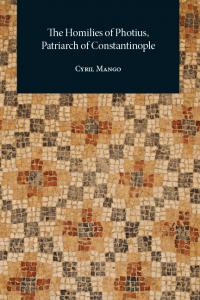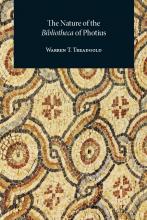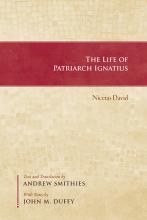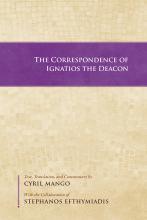The Homilies of Photius, Patriarch of Constantinople
The Homilies of Photius, Patriarch of Constantinople
By: Cyril Mango
This translation of the homilies of Photius makes available an important source for the intellectual, religious, and political history of the ninth century.
Title information
The middle of the ninth century was a particularly momentous period in the history of the Byzantine Empire. It was then that the Iconoclast movement, which had divided Eastern Christendom for over a century, was finally liquidated; that the Slavs were converted to Christianity, thus immeasurably enlarging the orbit of Byzantine cultural influence; and that a renewed interest in classical literature and learning assured the preservation of the ancient Greek heritage. It was also at that time that the growing hostility between the Eastern and Western Churches erupted in the first great schism.
Among the literary documents of the ninth century, an important place is held by the homilies of the patriarch Photius, unquestionably the greatest figure of his time. Although the original Greek texts were published early in the twentieth century, his homilies remained almost unread by modern historians. Mango has translated the homilies into English, making this primary source of the intellectual, religious, and political history of the ninth century available to a wider audience.
Cyril Mango
Cyril Mango is a scholar of the history, art, and architecture of the Byzantine Empire. He is Emeritus Professor of Byzantine and Modern Greek Language and Literature, University of Oxford.




